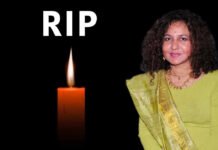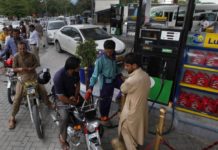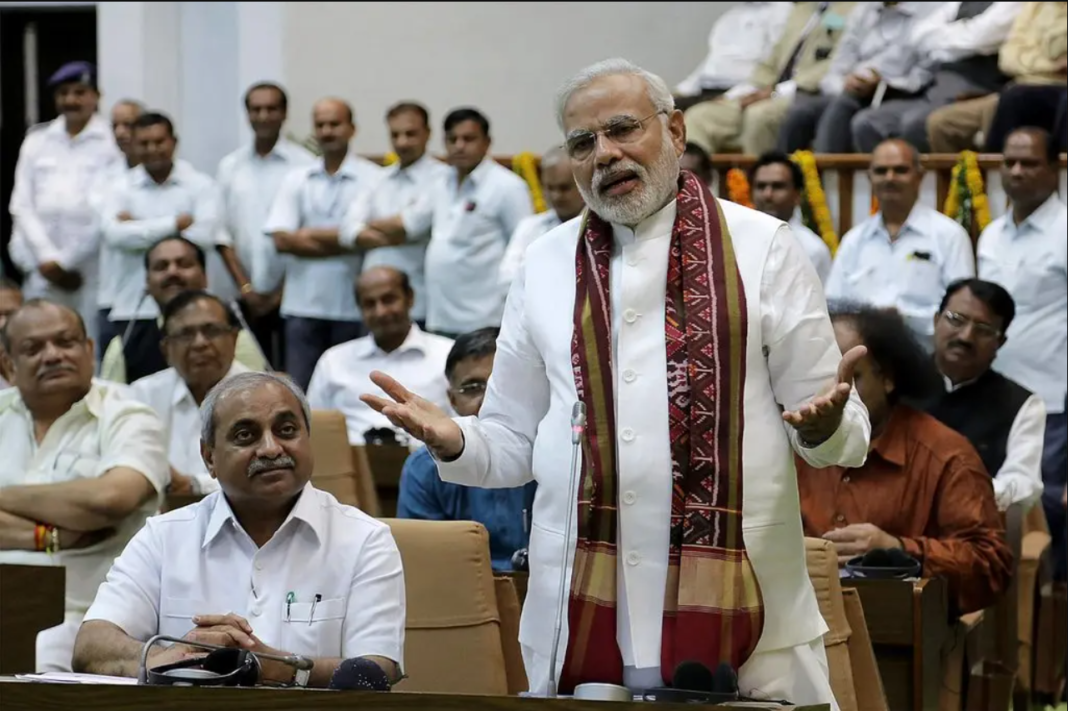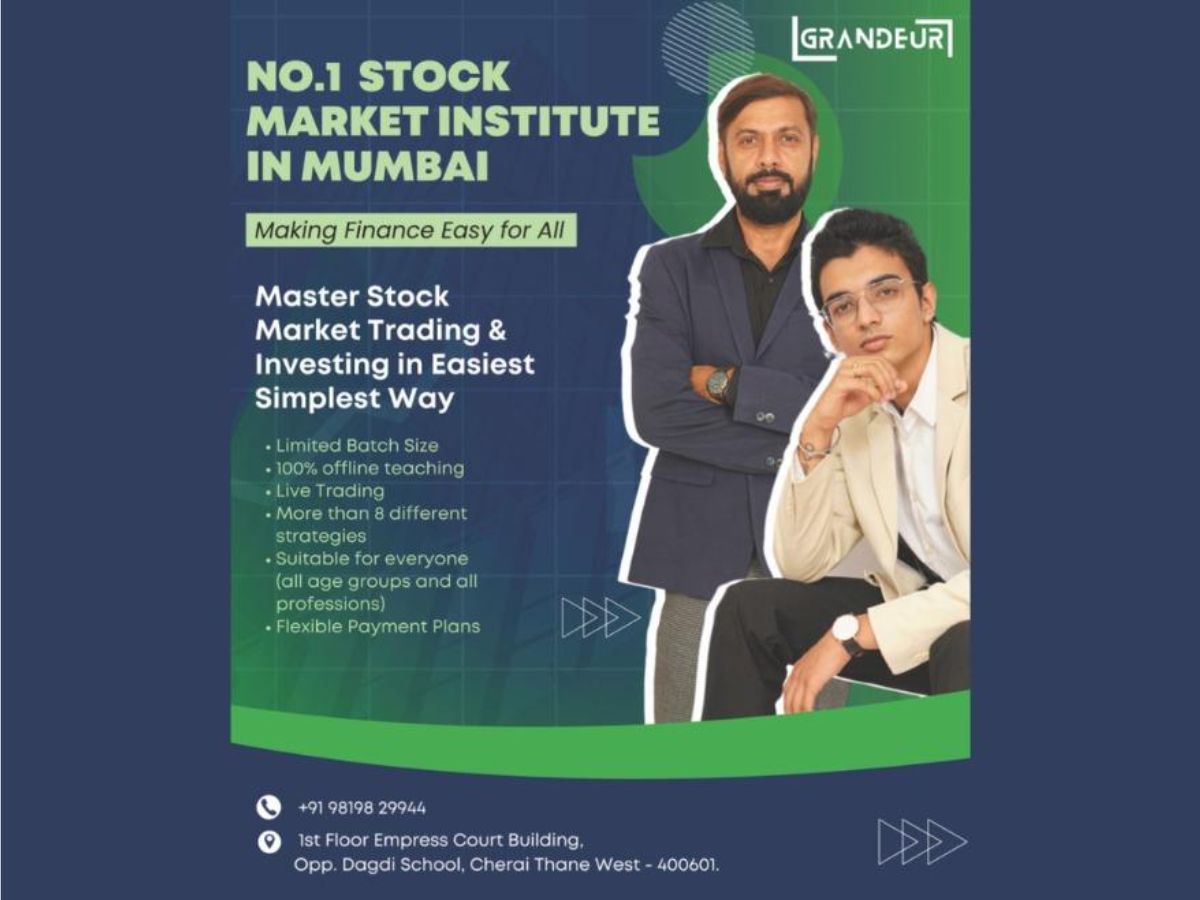Special Parliament Sessions: In a recent turn of events, a letter by the former Congress president, Sonia Gandhi, to Prime Minister Narendra Modi questioned the abrupt convening of a special Parliament session without prior consultation with other political parties. In response, Parliamentary Affairs Minister Pralhad Joshi criticized Sonia Gandhi, accusing her of attempting to politicize Parliament’s operations.
How is Parliament Session Convened?
The power to summon a Parliament session lies with the government, specifically with the Cabinet Committee on Parliamentary Affairs. The President then formally calls MPs for the session.
India does not adhere to a fixed parliamentary calendar, but traditionally, Parliament meets for three sessions annually:
- Budget Session: This is the lengthiest and typically starts at the end of January, concluding by the end of April or the start of May. This session includes a recess for committees to discuss budgetary proposals.
- Monsoon Session: Lasting for three weeks, it usually starts in July and concludes in August.
- Winter Session: Held from November to December, it also lasts three weeks.
The Constitution mandates in Article 85 that Parliament should be summoned at least twice a year, ensuring no more than six months between two sessions. This reflects a change from the Government of India Act, 1935, which necessitated a yearly assembly.
Dr. B R Ambedkar, during the Constituent Assembly debates, emphasized the need for Parliament to meet frequently, hinting at the potential for multiple sessions within a year.
Over the years, there has been a notable decline in Parliament’s sittings. The initial two decades saw the Lok Sabha convene for over 120 days annually. This frequency has decreased to around 70 days in recent years.
Special Sessions:
Outside the three standard sessions, special sessions can be convened. The upcoming special session will be the second one organized by the Narendra Modi-led government. The prior special session in 2017 witnessed the rollout of the Goods and Services Tax (GST).
Historically, such midnight sessions were organized to mark events of national importance. For instance:
- August 15, 1997: Marking 50 years of India’s Independence.
- August 9, 1992: Celebrating the 50th anniversary of the Quit India Movement.
- August 15, 1972: Observing 25 years of Independence.
- August 14-15, 1947: The first-ever session on the dawn of Independence.
The current discussions reflect the delicate balance between the executive and the legislature in India, highlighting the importance of open dialogue and understanding between all political entities to ensure the smooth functioning of democracy.































